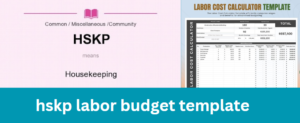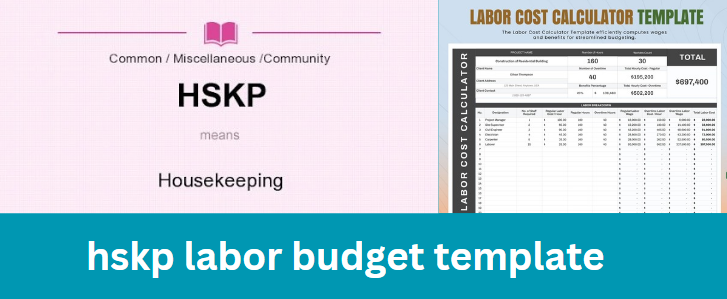Choosing the right insurance policy can be daunting with the array of options available. This guide outlines essential factors to consider when comparing insurance policies, ensuring you select coverage that meets your specific needs, budget, and provides peace of mind.
Contents
- 1 Understanding Insurance Policies
- 1.1 1. Identify Your Insurance Needs
- 1.2 2. Compare Coverage Options
- 1.3 3. Evaluate Premiums and Deductibles
- 1.4 4. Assess Policy Benefits and Features
- 1.5 5. Review Insurer Reputation and Financial Stability
- 1.6 6. Understand Policy Terms and Conditions
- 1.7 7. Consider Customer Service and Claims Process
- 1.8 8. Seek Professional Advice if Needed
- 1.9 Conclusion:
Understanding Insurance Policies
Insurance policies vary based on coverage limits, deductibles, premiums, and exclusions. Here’s how to navigate the comparison process effectively:
1. Identify Your Insurance Needs
- Assess Coverage Requirements: Evaluate your risks and determine the types of insurance you need (e.g., life, health, property, auto, liability).
- Consider Financial Obligations: Determine the coverage amount needed to protect your assets, income, and liabilities adequately.
- Legal Requirements: Ensure compliance with legal requirements for insurance, such as auto insurance mandates in your state.
2. Compare Coverage Options
- Types of Policies: Understand the differences between policy types (e.g., term vs. whole life insurance, comprehensive vs. liability auto insurance).
- Coverage Limits: Evaluate the maximum amount an insurer will pay for claims under different scenarios.
- Exclusions: Review what the policy does not cover to assess potential gaps in protection.
3. Evaluate Premiums and Deductibles
- Premium Costs: Compare premium rates from multiple insurers for the same coverage levels and deductibles.
- Deductibles: Determine the amount you must pay out-of-pocket before insurance coverage kicks in, balancing lower premiums with higher deductibles based on your financial situation.
4. Assess Policy Benefits and Features
- Additional Benefits: Look for extra features or riders that enhance coverage (e.g., roadside assistance in auto insurance, critical illness coverage in health insurance).
- Policy Flexibility: Check if the policy allows adjustments or upgrades to coverage levels as your needs change.
5. Review Insurer Reputation and Financial Stability
- Customer Reviews: Research insurer reviews and ratings on trusted platforms to gauge customer satisfaction and claims handling.
- Financial Strength: Verify the insurer’s financial stability ratings from agencies like A.M. Best, Moody’s, or Standard & Poor’s to ensure they can fulfill claims obligations.
6. Understand Policy Terms and Conditions
- Read the Fine Print: Review policy documents carefully to understand terms, conditions, exclusions, renewal terms, cancellation policies, and any hidden fees.
- Ask Questions: Clarify any unclear terms or conditions with the insurer or an insurance agent before committing to a policy.
7. Consider Customer Service and Claims Process
- Ease of Communication: Evaluate insurer responsiveness, accessibility of customer support, and ease of filing claims.
- Claims Handling: Research the insurer’s reputation for efficient claims processing and dispute resolution.
8. Seek Professional Advice if Needed
- Consult an Insurance Agent: A licensed insurance agent can provide personalized guidance, explain policy details, and help compare options tailored to your needs.
- Independent Research: Utilize online resources, insurance comparison websites, and consumer advocacy organizations for unbiased information.
Conclusion:
Choosing the right insurance policy involves careful consideration of coverage options, premiums, deductibles, insurer reputation, and policy terms.
By following these steps and conducting thorough comparisons, you can make an informed decision that aligns with your financial goals and provides adequate protection for yourself, your family, or your business.
Remember, insurance is a crucial tool for managing risks and ensuring financial security, offering peace of mind against life’s uncertainties.



























+ There are no comments
Add yours